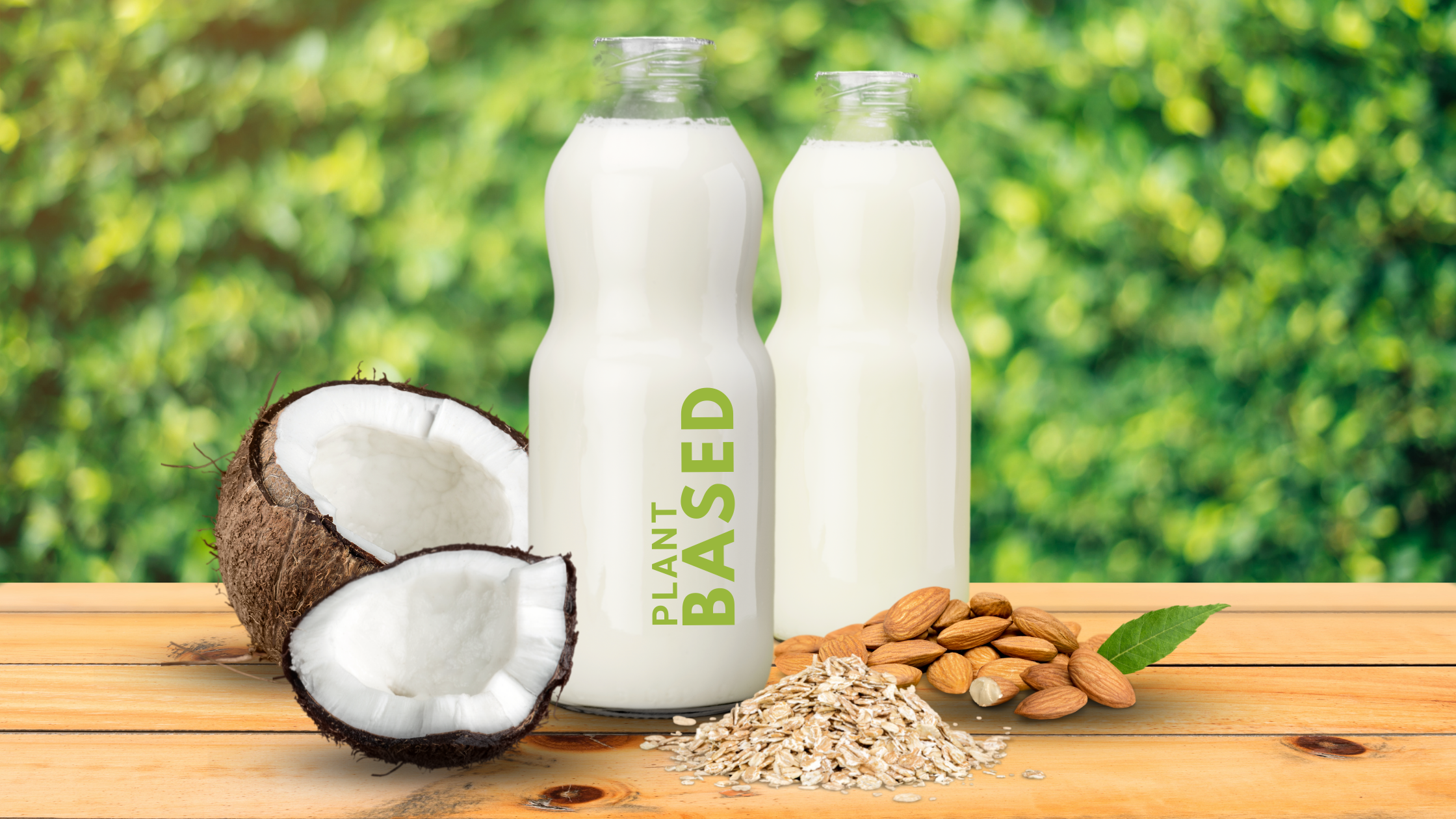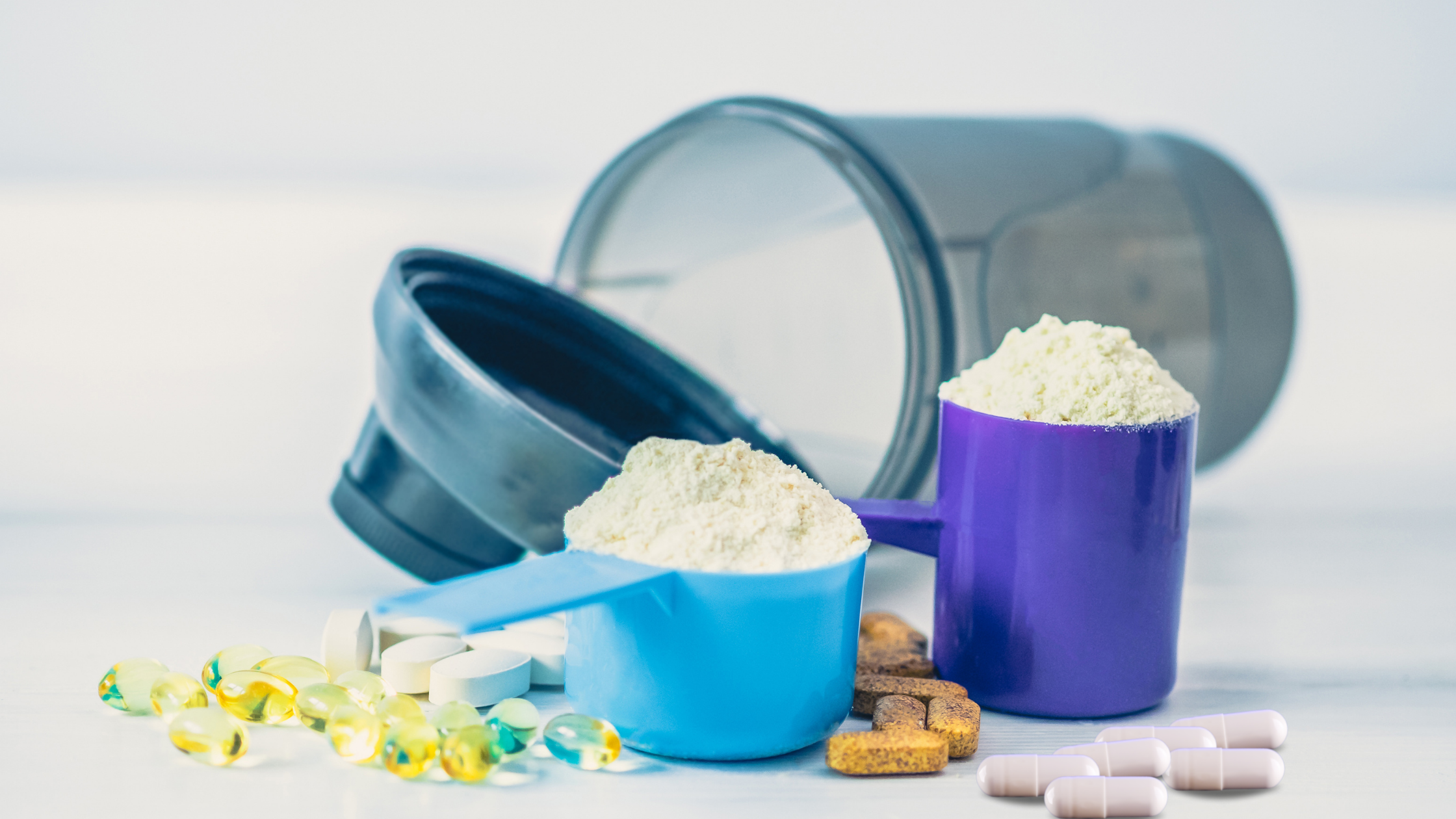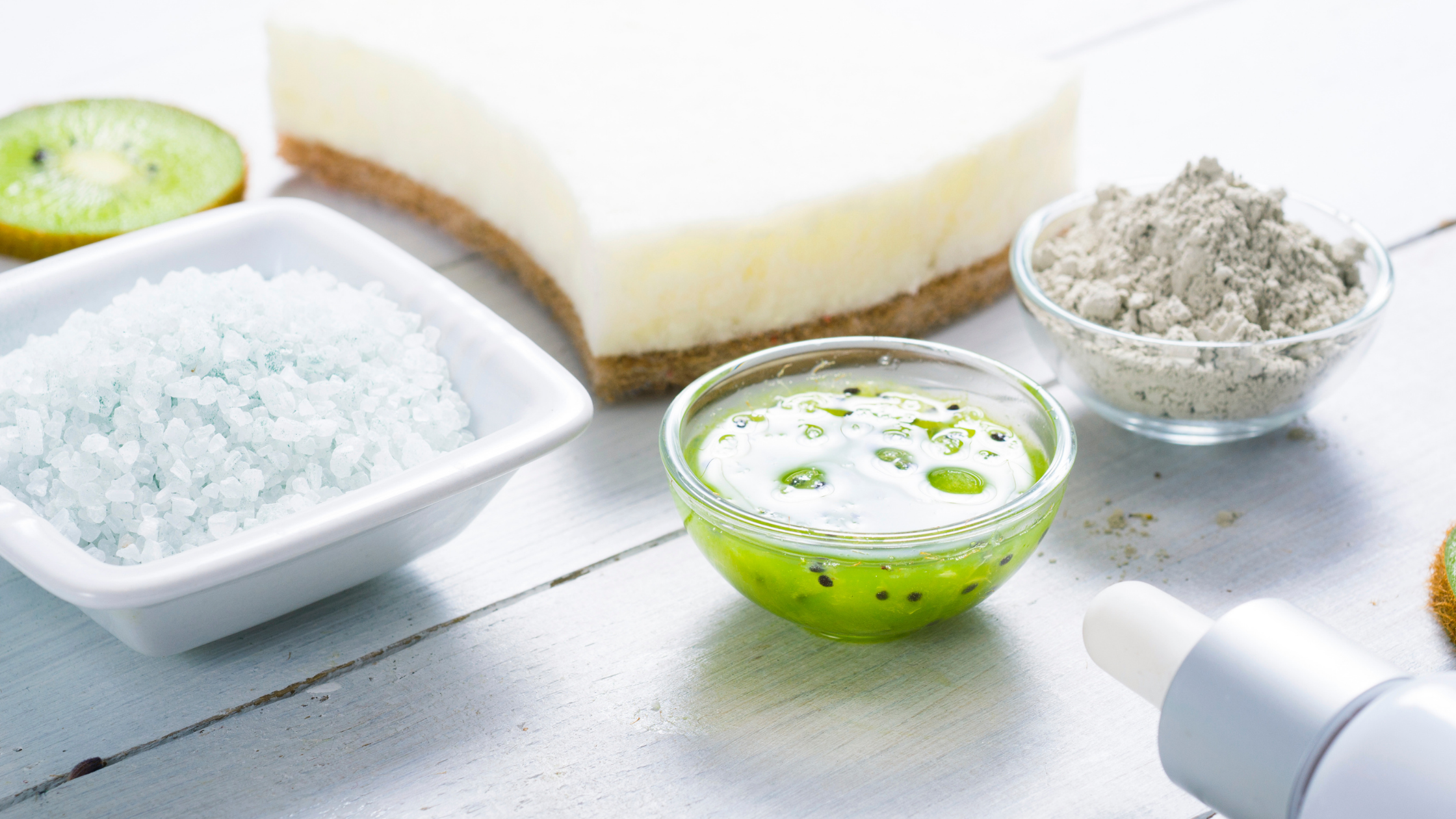Do you want to use Lithothamnion sp. as a raw material for your products? Understand how it can be used in various products, learn a more about the benefits of the seaweed in different segments.

PLANT-BASED BEVERAGES
The enrichment of plant-based beverages, with an emphasis on calcium, is one of the main differences in ensuring that the replacement of animal milk with plant-based milk does not harm the body's deficiencies of this important mineral. The use of calcium from plant sources as a base ingredient to be used in vegetable drinks can further attract consumers who are adept at substituting animal products. Seaweed calcium naturally has the best absorption rates in the body due to its structure and accommodation of mineral material. In addition, it naturally has different nutrients that are important for the body.
FOOD AND BEVERAGES
Lithothamnion sp. is a great option as a functional ingredient to enrich foods and beverages. Besides being natural, rich in minerals and antioxidants of high bioavailability, it does not confer taste, does not contain antinutritional factors (fiber, phytate, oxalate, tannins and other phenolic substances) and has irrelevant caloric and fat content.
Due to its neutrality, it allows its application in various segments of the food industry.
It also delivers important technological benefits such as texture, color, flavor and shelf life improvement in bakery products.


PHARMACEUTICAL
Lithothamnion sp. has in its composition polysaccharides with antioxidant, antiviral, antitumor, and anticoagulant properties, due to the compounds present in its structure.
For those who opt for practicality, there is the option of supplementing the diet with Lithothamnion sp. in the form of powder, capsules, or tablets, ensuring the consumption of minerals in the appropriate dosages.
The high porosity of the algae (>40%), provides a greater specific surface area of action and contributes to better absorption, besides not presenting side effects such as constipation, nausea, swelling, and abdominal discomfort.
COSMETICS
The applications in cosmetics deserve to be highlighted due to its rejuvenating and antioxidant properties. Below, check out the benefits of seaweed application in cosmetics:
** They are used to moisturize and refresh in the bath;
** Used as an exfoliation agent in peeling and rejuvenating products;
** In Thalassotherapy, as an ingredient in preparations containing mixtures of seaweed for slimming and anti-cellulite;
** Helps maintain the beauty of hair and nails preserving their strength, resistance and shine;
** The mineral content regenerates and mineralizes the epidermis;
Source: Book - Traditional Herbal Medicines for Modern Times. Herbal Principles in Cosmetics.
